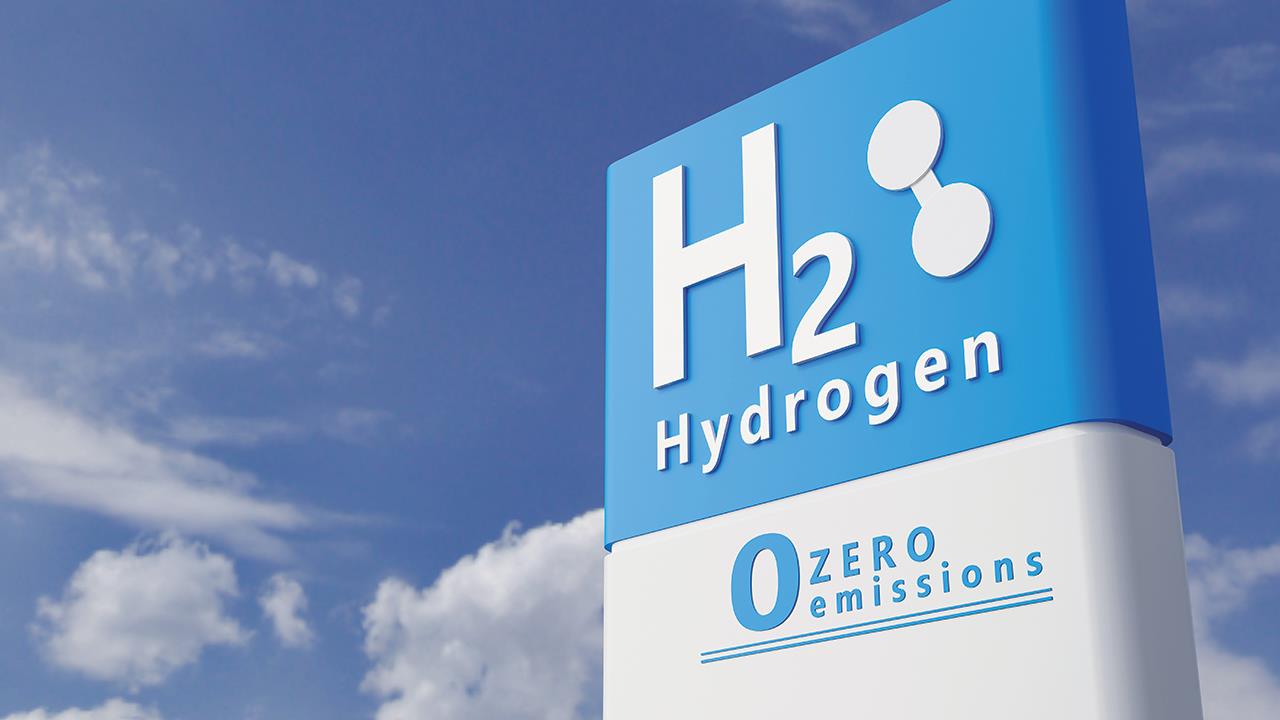

Gas safety is always an important subject area, and gas will likely continue to remain relevant through hydrogen, as a future source of heating. The industry is currently endeavouring to demonstrate that hydrogen is as safe as natural gas, or perhaps even safer.
Hydrogen possibilities
The Hy4Heat programme was introduced to establish if it is technically possible, safe, and convenient to replace natural gas (methane) with hydrogen in residential and commercial buildings and gas appliances.
Research to date has shown that there is no impact on existing installer work practice – compared to natural gas – in most areas.
Moving forward, we know that gas blended with no more than 20% hydrogen will come first, subject to regulation.
The UK government is due to take a decision on the future of hydrogen for heat in UK homes by around 2026. As such, the HHIC has written to government requesting that legislation be in place by then, so that all boilers coming on the market are the hydrogen-ready type.
This decision will then be subject to trials, and so the Hy4Heat programme and subsequent H100 project will be key to this. The industry needs to demonstrate that hydrogen is a viable solution, and safety is at the forefront of this work.
It must be recognised that, even at trial stage, work needs to be undertaken by competent people. This includes all facets of the installation, from the hydrogen gas meters supplying homes for the trial, to the hydrogen appliances (such as the boiler), and the interconnecting pipework.
As a high degree of professionalism must be in place to ensure safety, it is vital to apply effective programmes. The ACS assessment model is well established and has served the gas industry well for many years, delivering competent people to service a high-volume gas boiler market in a safe manner. For this reason it has been chosen as the template to develop hydrogen competence among engineers, as this mode of heating becomes a potential reality. The model will initially serve to support the early trials, but can be scaled in future, if required.
Establishing a framework
As part of the Hy4Heat programme, the Department for Business, Enterprise and Industrial Strategy funded work, led by EU Skills and IGEM, to deliver a Hydrogen Competency Framework. Safety is a key pillar underpinning the commission to ensure engineers have the necessary training, skills, knowledge, and understanding to work on hydrogen appliances.
The success of the design development stages has enabled a comparative analysis of hydrogen and existing hydrocarbon gases that translates into a skills matrix for engineers. Other outputs include an Interim Hydrogen Technical Standard that defines acceptable parameters and requirements for hydrogen installations to establish consistency in quality of work.
Education has likewise been carefully considered, with the creation of a Hydrogen Training Specification that will enable training course consistency and pioneer industry recognition.
Lastly, an independent Hydrogen Assessment Module will facilitate the addition of a hydrogen competence category on the Gas Safe Register. This will further aid recognition and confidence across the industry as developments take effect.
The Hydrogen Competency Framework coming to fruition places the UK gas sector in a promising position for the future. As the application of hydrogen expands into commercial settings, this scalable framework will have the means to evolve ahead of hydrogen apprenticeships coming to pass. At this moment in time, it will serve to ensure the competence of engineers as we make the transition to a hydrogen-fuelled gas industry.
Final thoughts
For the HHIC, gas safety is always of the utmost importance. Our work with Gas Safe-registered engineers and manufacturers helps to raise awareness of the importance of prioritising safety. Such a principle must be upheld not just in current practice, but also in future developments, like hydrogen for heat.
If you'd like to keep up-to-date with the latest developments in the heating and plumbing industry, why not subscribe to our weekly newsletters? Just click the button below and you can ensure all the latest industry news and new product information lands in your inbox every week.